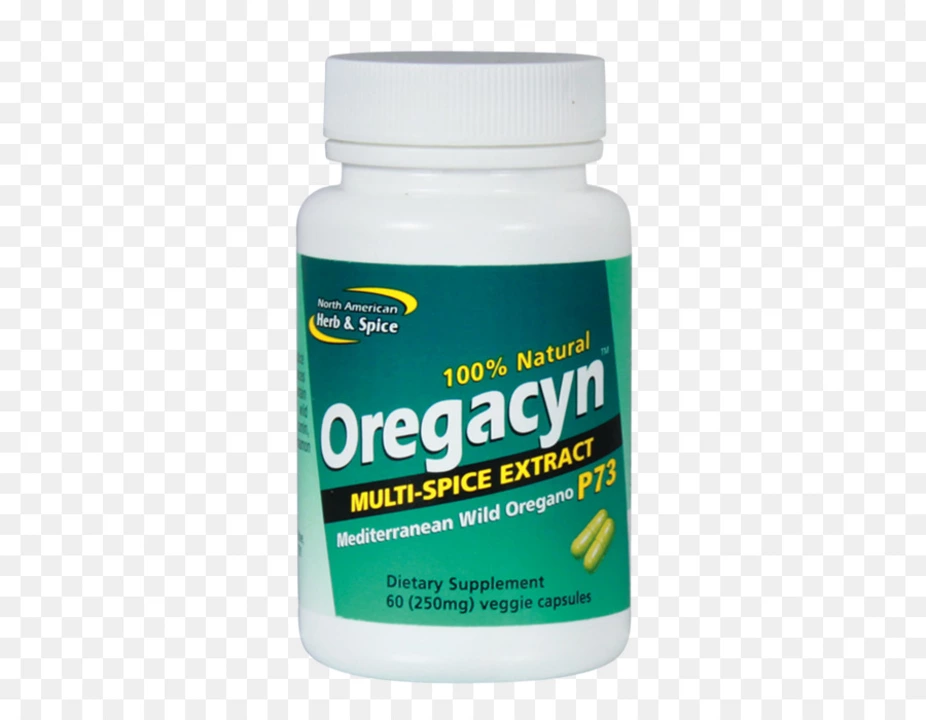Dietary Supplements: Safe Choices, Smart Use, and Buying Tips
Supplements are easy to buy, but they don’t automatically make you healthier. Pick the right product for a real need, check quality, and watch for interactions with medicines. This guide gives practical steps you can use today.
How to pick a supplement
Start with a clear reason. Do you need vitamin D because you get little sun? Are you using omega‑3s for heart health, or probiotics for gut issues? Targeted use beats random stacking of pills.
Check testing and labels. Look for third‑party seals like USP, NSF, or ConsumerLab. Those marks mean the product was tested for purity and accurate dosing. Read the ingredient list and note the exact dose per serving — not just the % daily value.
Mind the dose. Fat‑soluble vitamins (A, D, E, K) and some minerals can build up and cause harm if taken too high. Stick to recommended amounts unless a clinician advises otherwise. More is not always better.
Match the form to the need. For example, vitamin D3 (cholecalciferol) is usually better absorbed than D2. Omega‑3s labeled EPA and DHA are the active types linked to heart benefits. For probiotics, check the strain and colony forming units (CFUs) for the condition you want to treat.
Common mistakes and safety tips
Don’t ignore drug interactions. St. John’s wort, garlic, ginkgo, and fish oil can affect prescription drugs. If you take blood thinners, diabetes meds, or cholesterol drugs, tell your prescriber about every supplement you use.
Avoid miracle claims. Any product promising fast weight loss, cancer cures, or instant youth is a red flag. Supplements can help fill gaps, not replace medical care or prescription therapy.
Be careful buying online. Some pharmacies and stores sell fake or expired products. Prefer established retailers, and check reviews and third‑party testing. Our site has reviews on online pharmacies and tips for spotting scams if you want more detail.
Think about timing and tracking. Start one supplement at a time and keep a short log: product name, dose, start date, and any effects. That makes it easier to tell whether a supplement is helping or causing problems.
Special groups need medical advice. Pregnant or breastfeeding people, older adults, and those with kidney or liver disease should consult a clinician before starting supplements. Tests can confirm true deficiencies and avoid unnecessary treatment.
Finally, use supplements as part of a bigger plan. Good food, regular sleep, and exercise give benefits pills can’t match. Use supplements to fill gaps, not as a shortcut around healthy habits.
Want product-specific advice? Check our related articles on vitamin D, safe online pharmacies, and medication alternatives for practical, trustworthy info you can act on.


